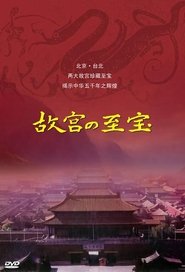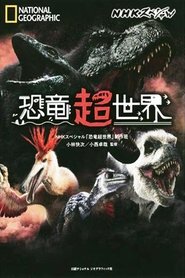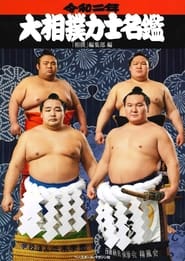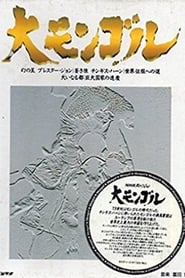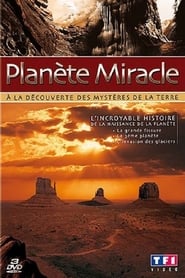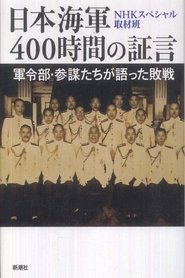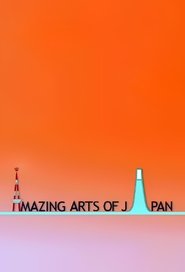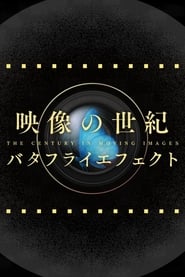Nhk TV Series - Page 21
-
Gugong's Treasure
1997
star 8A picture book collection shot by NHK showing the great treasure kept at the world famous Palace Museum in Beijing and Taiwan. Included in this documentary are the footages shot in Hi-Vision mode that was not aired by NHK, showing China's five thousand years of history, ceramics, books, paintings, heritage of the emperor. -
Dinosaur Superworld
2019
Dinosaur Superworld
2019
-
A Duck's Life
2013
star 6The story follows the daily life of a group of birds, including a duck, an old nihilistic great grey owl, and a gluttonous Caique parrot. -
Einstein's Brain Unlocked
2018
star 7The curious fate of a genius's mind The genius of Albert Einstein never ceases to allure. Following his autopsy in 1955, Einstein's brain is said to have been sliced and scattered among researchers around the world. Where are the pieces now? NHK goes in pursuit of remnants in Japan, the US, Canada, and Argentina, rediscovering hundreds of photos taken during the autopsy as well as an individual in possession of over 100 fragments. The data set is then brought together to build a 3D CGI, successfully "recreating" Einstein's brain as it would have been in his 20s, when he proposed the theory of relativity. An extraordinary journey and the latest in neuroscience turn a new page in the story of the genius's brain. -
大蒙古帝國系列
1992
大蒙古帝國系列
1992
-
The Miracle Planet
1987
The Miracle Planet
1987
An exploration of the unique combination of events and forces that have formed our planet. -
恐竜超世界2
2023
恐竜超世界2
2023
-
Utacon
0000
Utacon
0000
Utacon (うたコン) is a Japanese weekly music show produced by NHK, airing on Tuesdays at 19:30 JST from April 12, 2016. The show replaces NHK Kayou Concert and Music Japan. Utacon presents a range of music artists from Enka and J-Pop at NHK Hall in Tokyo every week, to continue in the spirit of NHK Kayou Concert (which ended on March 15, 2016) as well Music Japan (which ended on April 4, 2016. at 01:30 JST). It also airs worldwide, through NHK World Premium at 10:30 UTC, broadcast at the same time as the show's appearance on NHK-G). -
日本海軍 400時間の証言
2009
日本海軍 400時間の証言
2009
-
L no Shoutaijou Tokubetsuban
2020
star 7Six hearing and deaf people gather in the mansion of world famous artist 'L'. Can they solve the mystery, which combines sign language and sound, to win the prize? In a world where quizzes and drama intersect, you are also trying to solve the mystery! -
Just Pop Up
1988
Just Pop Up
1988
-
锦绣中国
2005
锦绣中国
2005
-
シングルマザーズ
0000
シングルマザーズ
0000
-
A Century on Film: Butterfly Effect
2022
A continuation of the series of 'Century of Film,' which began broadcasting in 1995. Based on archive footage collected from various countries around the world, the program aims to show how humble actions of an individual chain together and shape the history of humanity.

